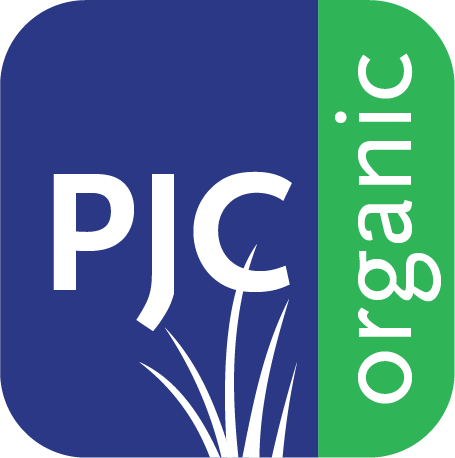We get a lot of questions regarding the basics of organic fertilizer. There are so many products on the market, it can be hard to sift through what ones are truly all-natural and safe for the environment (and pets and people). Therefore, here we cover 4 frequently asked questions…
What’s the difference between “organic” & “synthetic” nitrogen fertilizers?
Organic fertilizers are comprised of animal and plant proteins and are designed to feed the soil biology, which in-turn feeds the turf plant. Synthetic fertilizers—also called inorganic or petrochemicals—are created through an industrial process that mixes nitrogen from the air and hydrogen from natural gas. This process, called Haber-Bosch, converts these chemicals into ammonium nitrate and urea. In summary, organic fertilizers are designed to feed the plant indirectly by feeding the soil biology, whereas synthetic fertilizers are designed to feed the plant directly.
Are all “organic” fertilizers the same?
No! A fertilizer can claim to be ‘organic’ merely if it contains carbon. There are several categories into which an organic fertilizer may fall (each with pros & cons). Categories include: plant/animal meals, animal manure, Chilean nitrate, amino acids, municipal/industrial waste, and synthetic organics. All-Natural Organic Fertilizers (like PJC’s ProHealthy Turf Blends) get their nutrient content from plant and animal meals. Plant and animal meals are high nitrogen sources. The cost-per-nutrient tends to be less than other organic alternatives due to all-natural organic fertilizer’s high nutrient content. Additionally, they have been found to be excellent fungal and bacterial foods, which are critical in an all-natural program. Although the bulk associated with natural organic fertilizers is often seen as a disadvantage, the advantage is that organic matter and valuable nutrients are added to the soil. Learn more in our blog “Differences Between Organic Fertilizers”.
What is an “organic-based” fertilizer?
An “organic-based” fertilizer contains at least 15% of organic matter/material. The rest of the product (85%) is not organic. Synthetic ‘organic’ fertilizers, typically contain Water Soluble Nitrogen (WSN) in the form of urea. Although this results in rapid shoot growth, the cons include: greater potential for run-off, lowers pH, fertilizer burn of the turf and leaching into the groundwater, need for more frequent applications, and destruction of soil biology. Be mindful of ingredients and look for OMRI Listed labels (Organic Material Review Institute).
Are PJC’s ProHealthy Turf® All-Natural Premium Fertilizers safe?
Yes! ProHealthy Turf®All-Natural Premium Fertilizers work to build the quality of the soil and encourage soil biology. ProHealthy Turf Fertilizers are Water Insoluble Nitrogen—meaning, when used properly, they do not leach or run off and harm the environment. PJC’s ProHealthy Turf Blends get their nutrient content from plant and animal meals. Due to safe inputs, there is no contact problem for the applicator, and the area is safe for use by people and pets immediately after application.
Lastly, if you have more questions regarding the basics of organic fertilizer—or are needing product recommendations—contact us!
